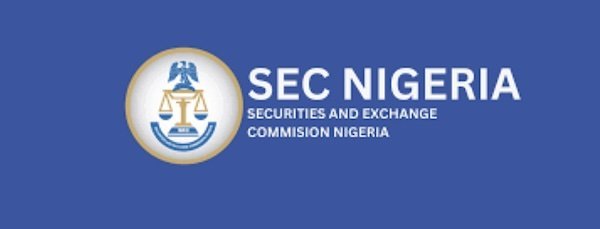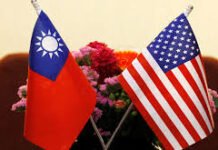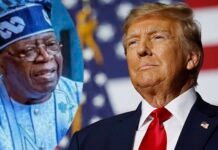Nigeria has set a September 2027 deadline to begin full implementation of the International Financial Reporting Standards (IFRS) 9, which requires market-to-market valuation of all assets.
Director-General, Securities and Exchange Commission (SEC), Dr. Emomotimi Agama, at the weekend outlined key modalities guiding Nigeria’s transition to the market-to-market (MTM) valuation of assets in the fixed income space of the capital market.
According to him, the transition framework was a result of engagements with market participants.
He noted that the October 2, 2025, deadline for the submission of implementation plans would enable the commission to assess each institution’s preparedness and capacity, while the September 2027 deadline remains the target for full transition to IFRS 9.
He said: “Timelines have been carefully considered, you know, especially with the concerns being raised by market participants. For us at the SEC, it is important that while we try to introduce new rules and regulations, we also listen to the market and say, okay, how do we meet, how do we meet at the junction where we can all agree to move forward?
“Requesting for implementation plans is not a bureaucratic exercise—it’s to gauge capacity, identify challenges, and meet operators at the point where we can all achieve compliance with one purpose and one goal.
“Equity funds are already reported at fair value. The aspect of Fund Management that was not aligned with international best practice was in the Fixed Income Funds space and that is what this policy alignment covers.
“Nigeria has come of age, and we must be seen to be doing things according to global standards. IFRS 9 requires market-to-market valuation of assets, and we cannot be left behind among the comity of nations.”
He added that the reform would ensure that Nigerian assets are comparable globally, allowing investors to assess market performance more accurately.
According to him, the goal is to create a market that is internationally competitive as adoption of IFRS 9 enables ease and compatibility among assets from different nations, clearly positioning Nigeria within the global market space.
Responding to criticisms that the shift to market valuation could expose investors to short-term volatility, Agama said the move is intended to strengthen, not destabilise, the market.
He said: “Some have expressed concerns about volatility, but our intention is not to disadvantage Nigerian investors. It is to expose them to global standards and transparency. Over time, as the market adjusts, these concerns will ease off and everyone will benefit from a more transparent and credible system”.
He explained that beyond IFRS 9, the SEC is also leading Africa in adopting the International Sustainability Standards Board (ISSB) framework.
![]()










